By Herman Brouwer, WUR lead for FoSTr and Wangeci Gitata-Kiriga, FoSTr Country Facilitator Kenya
How can foresight transform the lives of pastoralists, fishers, and farmers in Marsabit County, Kenya? Marsabit County faces formidable challenges, with the escalating impacts of climate change threatening its food systems and livelihoods. Despite decades of significant support from development partners and government initiatives, the tangible results remain limited. This begs the critical question, inspired by David Peter Stroh: Why, despite our collective best efforts, have we struggled to foster lasting, positive change in Marsabit’s food systems?
Foresight could hold the key. By enabling stakeholders to anticipate future challenges, identify sustainable solutions, and adapt to evolving realities, foresight offers a transformative approach to addressing the county’s persistent issues. It’s time to rethink strategies and align efforts to create meaningful, long-term change for Marsabit’s pastoralists, fisherfolk, and farmers.
We brought stakeholders together in December 2024 to explore the above question, and to make a start to imagine different futures for the food system in Marsabit. Naturally, this involved a highly interactive discussion on the current food system and how we got to this situation – using a data walk with up-to-date data and analysis, as well as system maps. This provided the basis to jointly understand the dynamics of how food systems change (or resist change) and imagine how the food system could change even further in the next 10-15 years. The stories that participants came up with, based on their lived experiences in four distinct sub-counties of Marsabit, evolved into four scenarios. We used one of these scenarios (the ‘ideal one’ called Ajako, meaning ‘paradise’ in the Borana language) to create a vision for the future. We then identified the initial pathways and building blocks required to work towards this Ajako scenario.
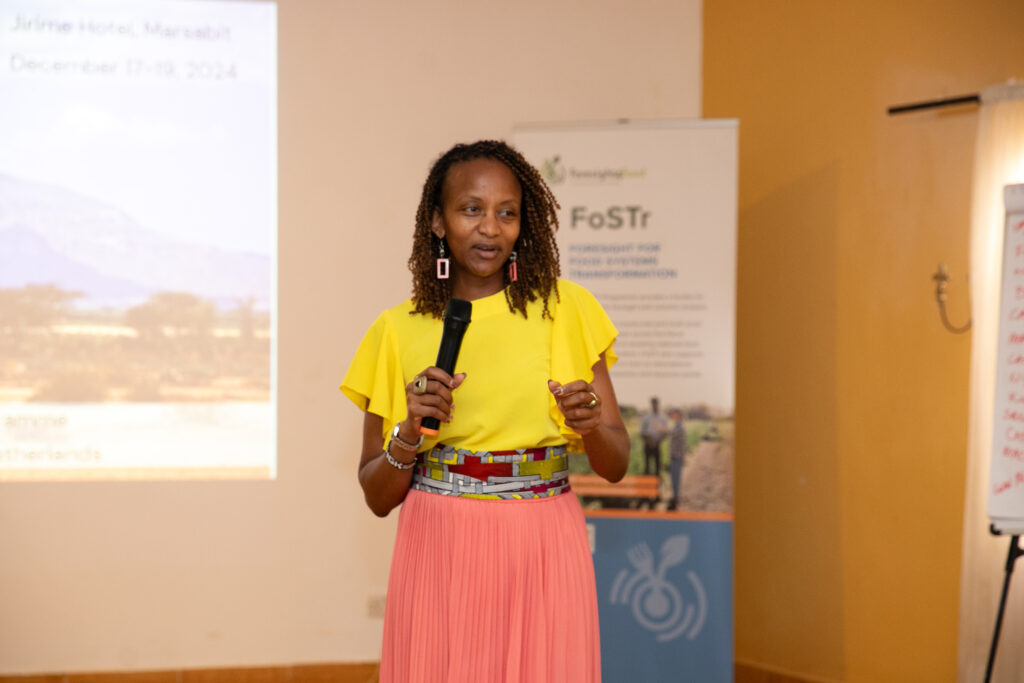
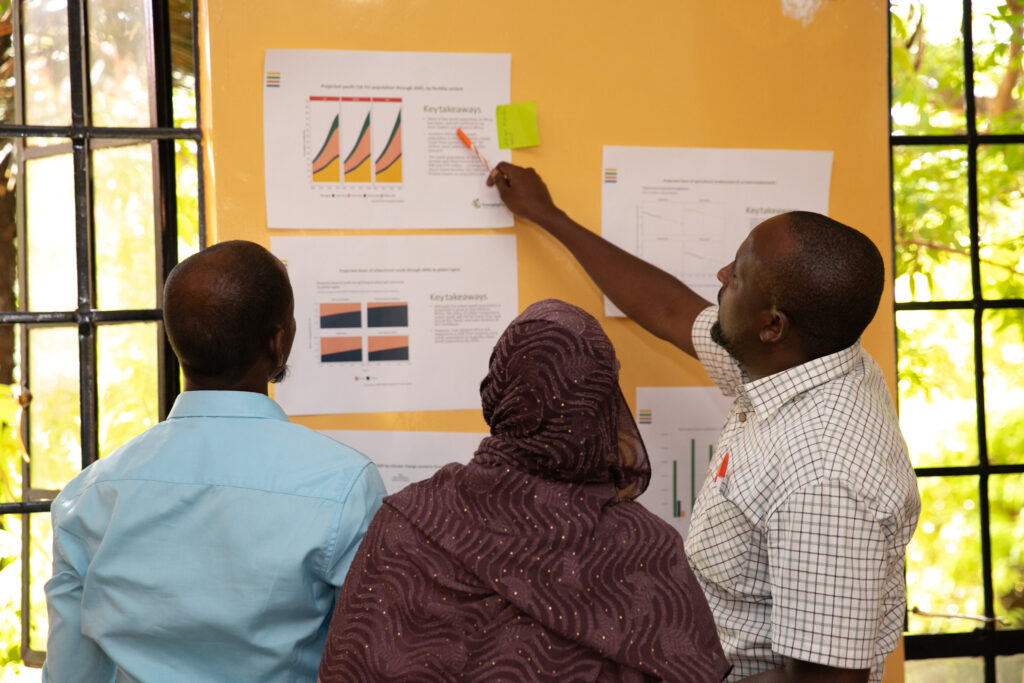
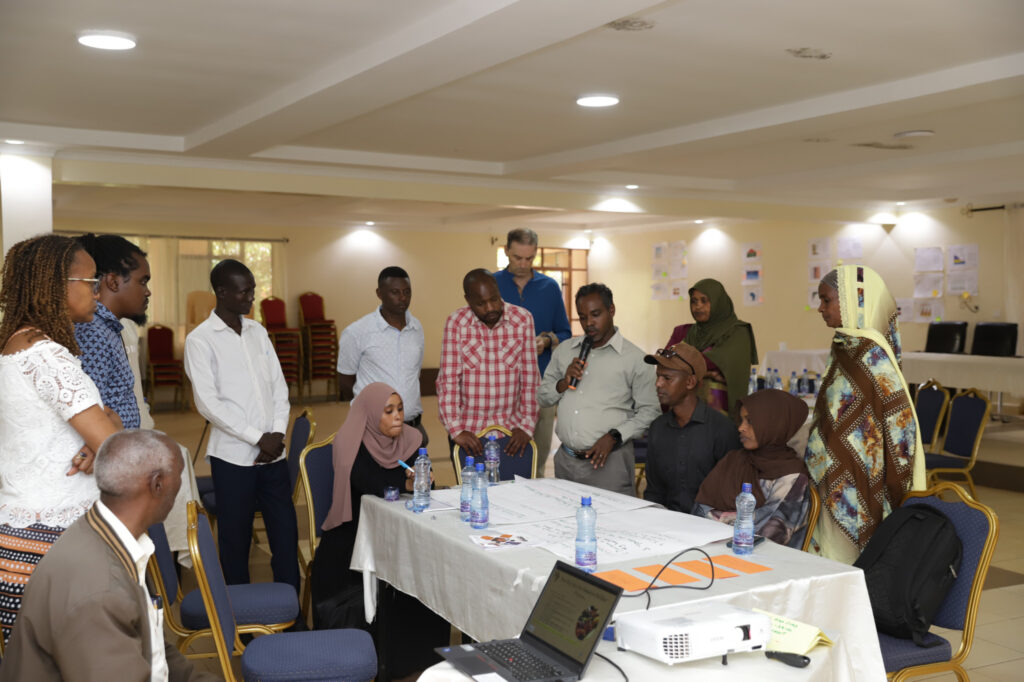
Photo credit: Crispaus Onkoba/SID, used with permission
That’s the summary of where we ended up. However, an essential detail was omitted earlier: How do you ensure the right individuals and institutions are in the room? Achieving this required a carefully planned stakeholder engagement process, which began several weeks before the workshop. The process involved numerous meetings with individual stakeholders across the county to understand who was doing what, who was most invested, what had been successful, and what hadn’t worked in the past. The ultimate goal was to mobilize the most relevant and diverse stakeholders for the 3-day workshop.
We started by engaging the county leadership, relevant government departments, and development partners. But stakeholder mobilization didn’t stop there. We actively sought out voices often overlooked in food systems discussions: faith-based organizations, community groups, and private sector representatives.
Following the workshop, we ensured the initial excitement and momentum were sustained by maintaining contact with key participants. This effort culminated in the formation of a County Development Group, coordinated by the county government. This group brings together all actors actively engaged in food security initiatives, creating a collaborative platform for sustained impact.
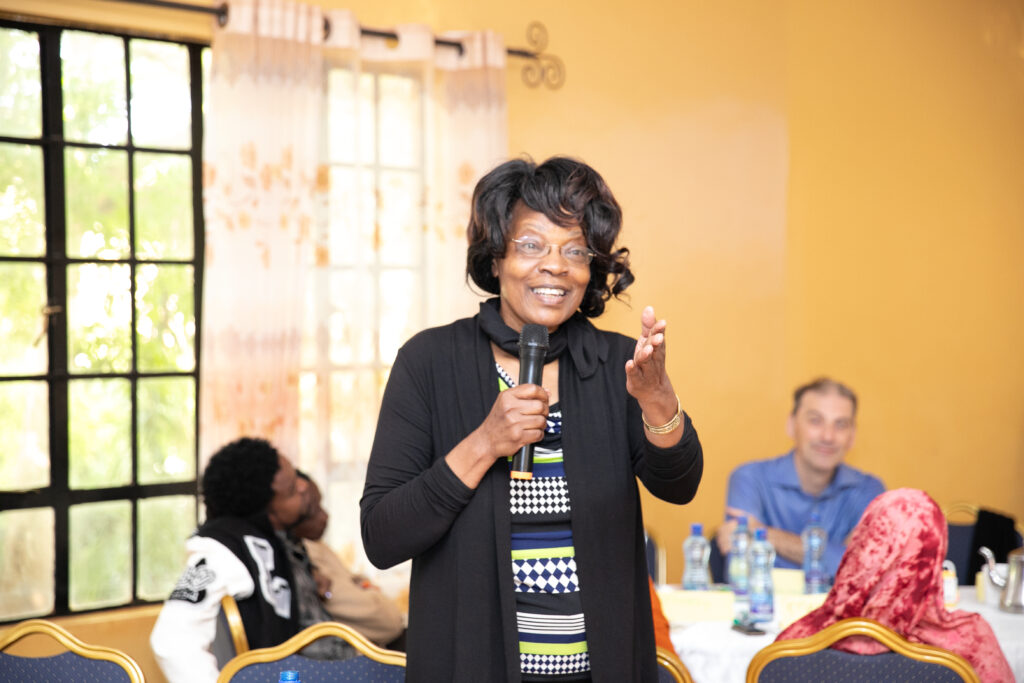
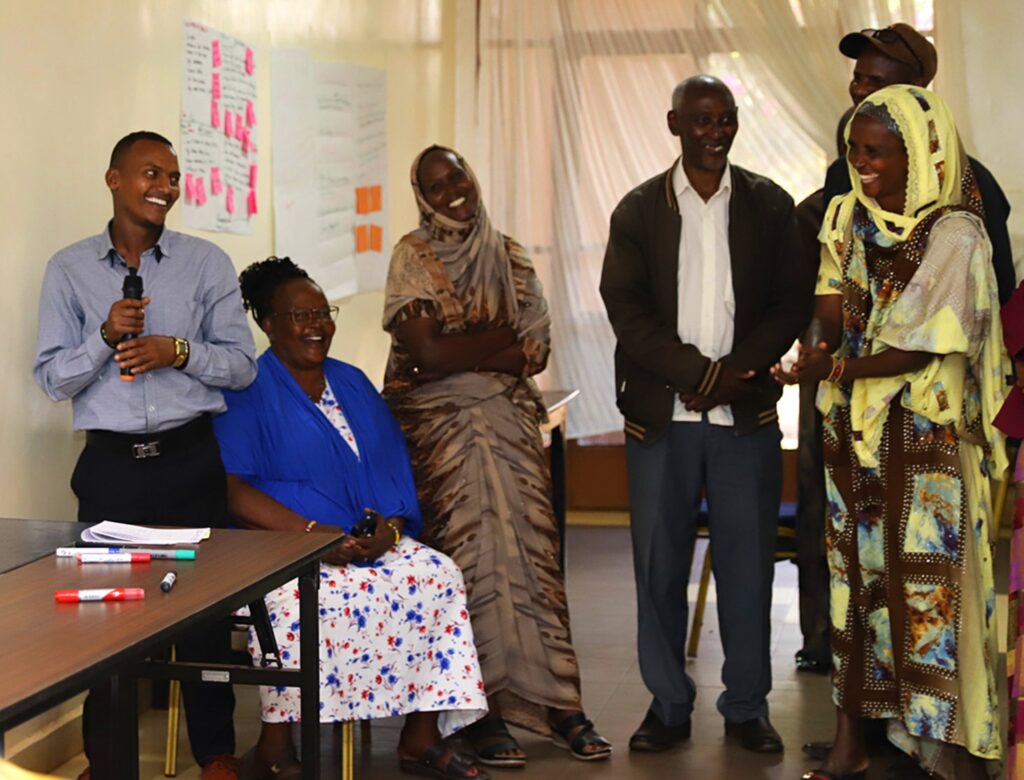
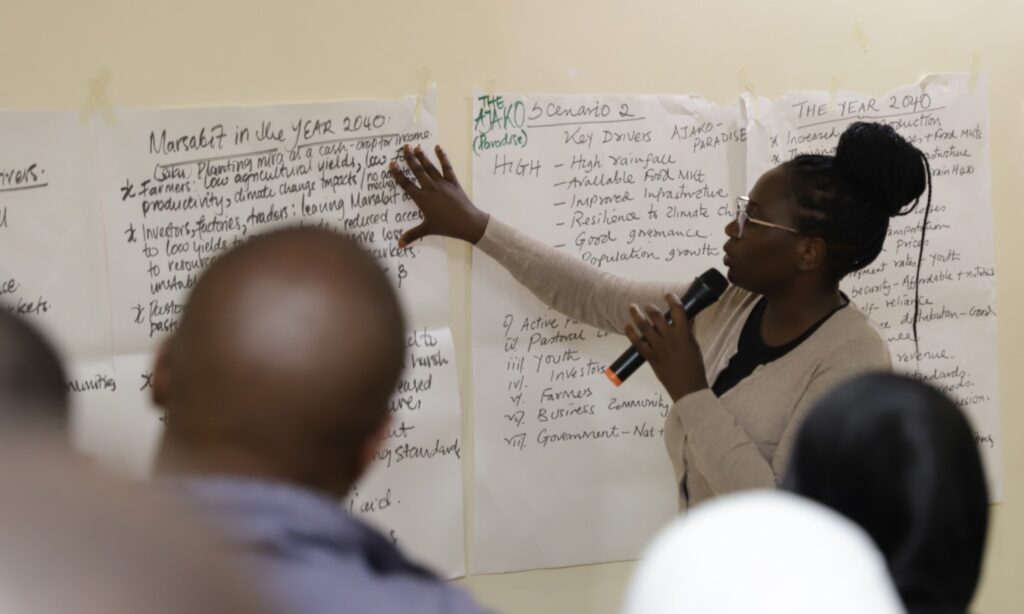
Photo credit: Crispaus Onkoba/SID, used with permission
We argue that the investment in stakeholder engagement has been the most valuable ingredient of the foresight process so far. It has allowed our Kenya foresight team to obtain the right endorsements and buy-in at the right levels. Without getting the engagement process right, all participatory foresight tools, and supportive analytics, are at risk of falling flat.
There is a case to be made to only report on foresight processes after they are concluded, rather than at the start. This blog is an exception, to make the point that how you start matters.
The FoSTr Kenya foresight team, consisting of Results for Africa Initiative (RAI); Society for International Development (SID); International Livestock Research Institute (ILRI); University of Nairobi; Food and Land Use Coalition (FOLU); Wageningen University & Research (WUR); and the University of Oxford, will continue to support the County Development Group in Marsabit to coordinate actions of state and non-state actors towards achieving Ajako by 2040. A similar process is taking place in Nakuru County. Both have active linkages to Kenya’s national food system science-policy interfaces.